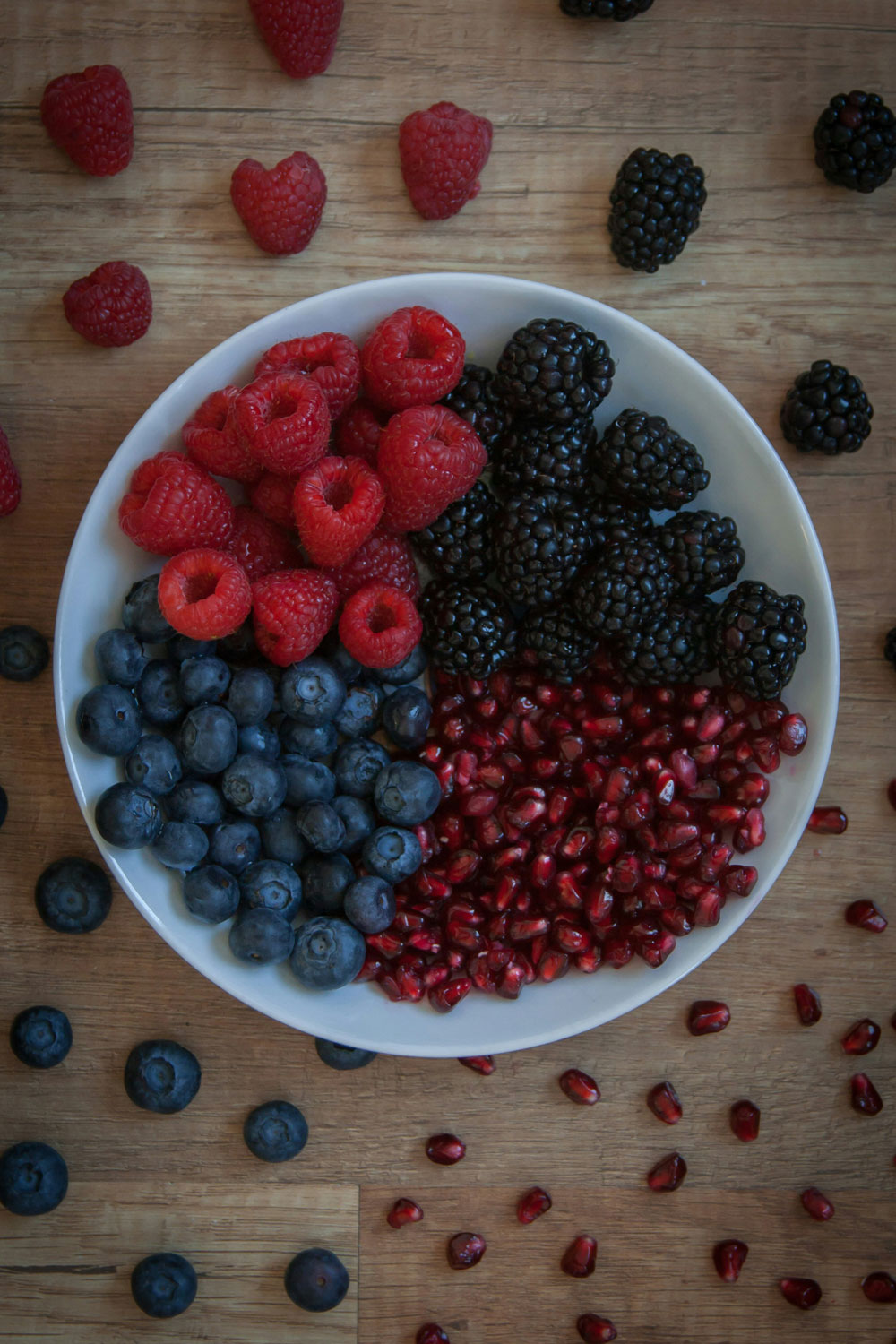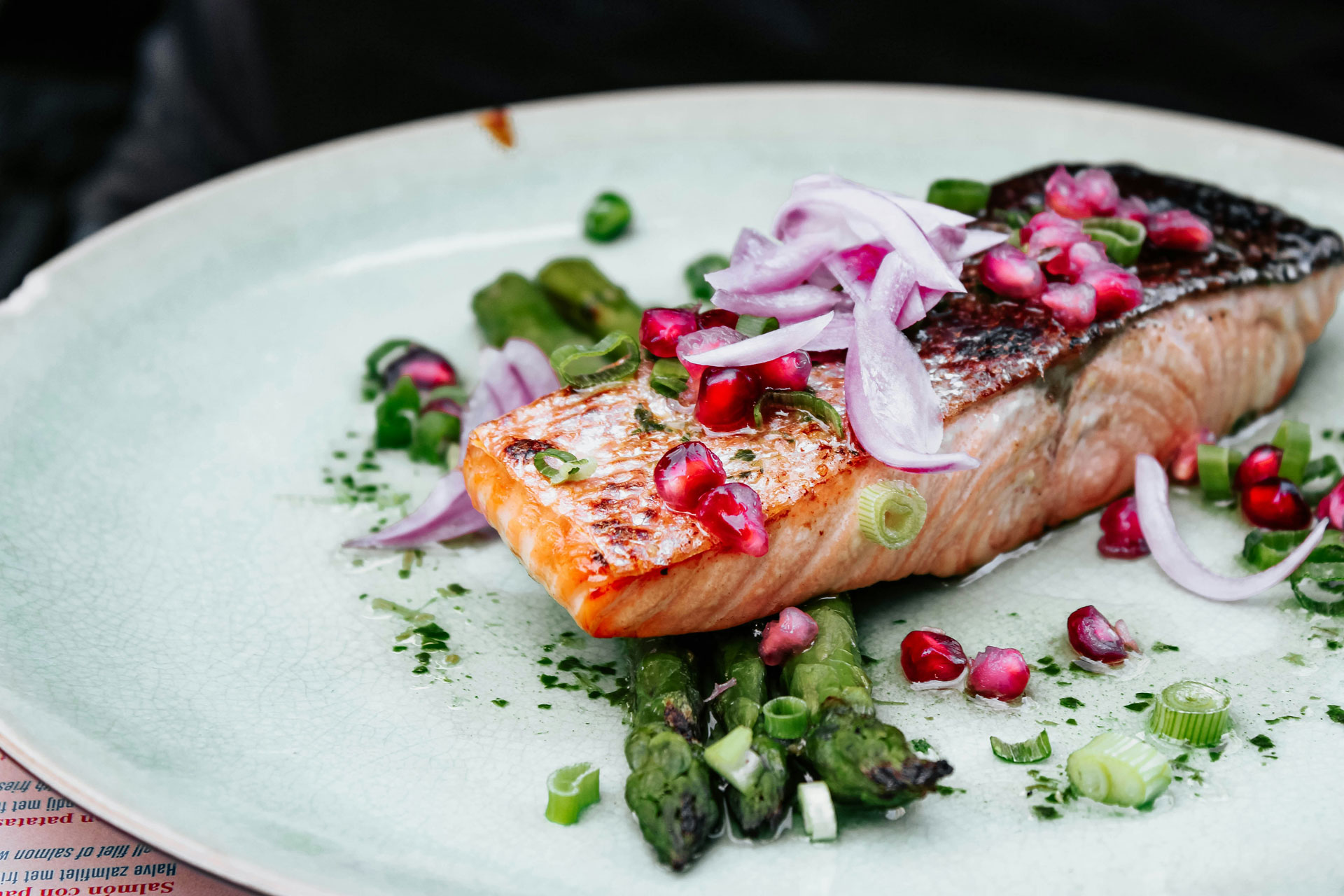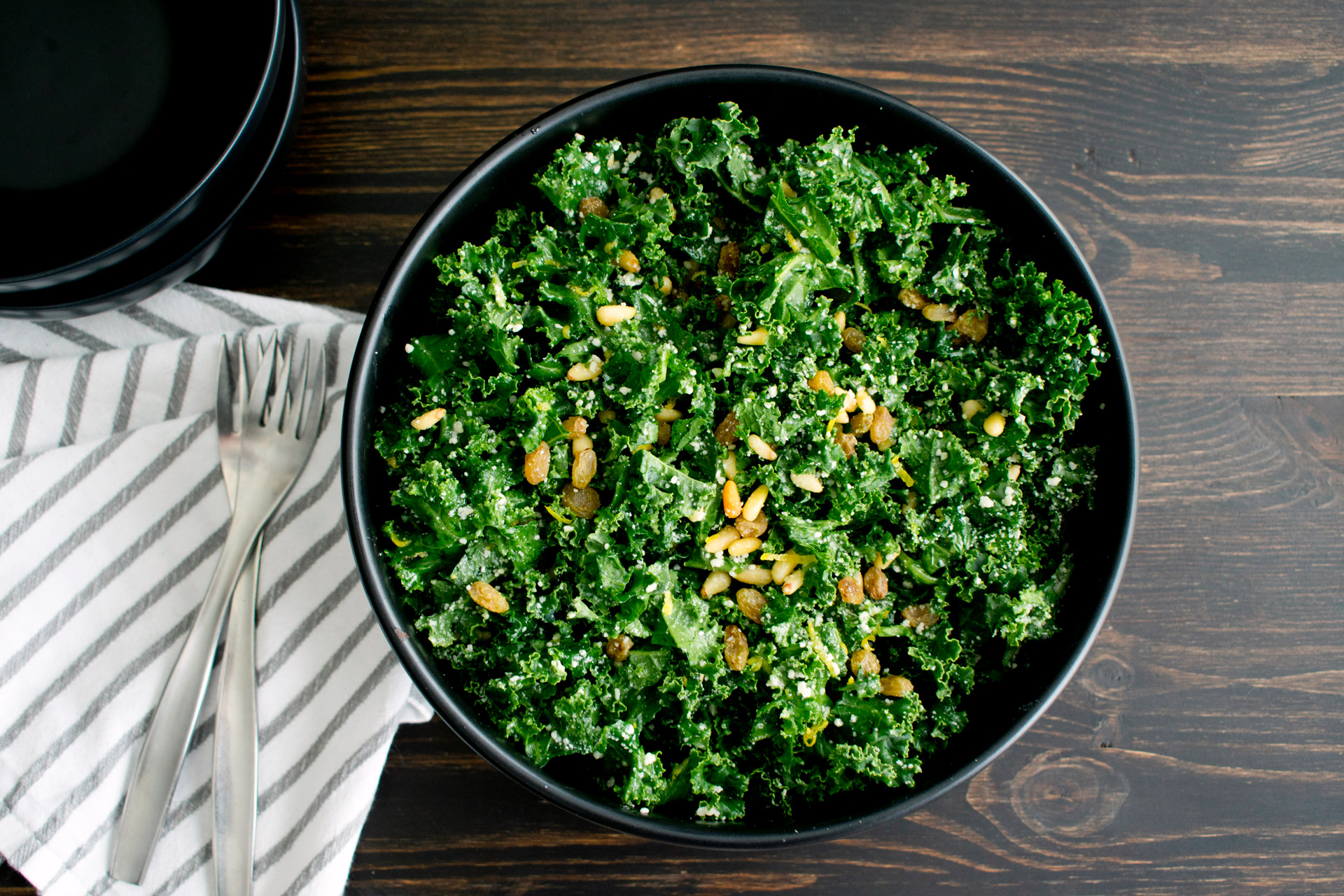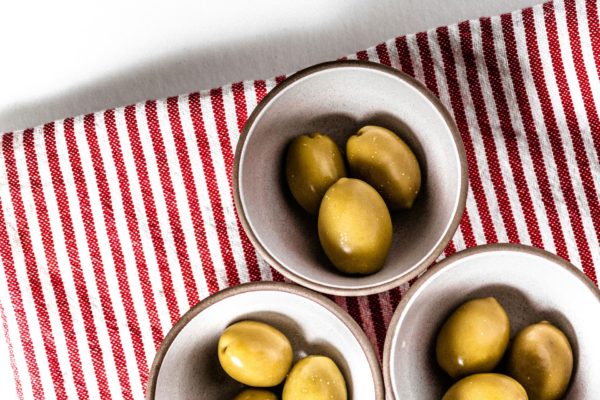
5 Foods To Help Combat SAD
By
6 months ago
How to boost your mood through your plate
It’s easy to feel blue when it’s dark and rainy outside. But for some people, the change in weather can trigger a type of seasonal depression known as seasonal affective disorder (SAD). Although the exact cause of SAD isn’t fully understood, the main theory is that the lack of sunlight stops a part of the brain called the hypothalamus working, which has an impact on our serotonin levels and disrupts our circadian rhythms. However, lifestyle changes can have a significant impact – in particular, ensuring you’re getting the right nutrients into your diet. ‘While nutrition is in no way a replacement for other forms of mental health support, research demonstrates that optimising our intake of certain nutrients may help us adjust to the change in season,’ says nutritionist Lara Isaac. Below, we share some nutritionist-approved foods to combat SAD.
Mood-Boosting Foods

Unsplash
Oily Fish
Oily fish is associated with a plethora of physical benefits, from improving skin hydration to preventing heart disease. But it can also offer mental health perks – hence why nutritionists often recommend upping our intake of foods like salmon, mackerel and sardines around this time of year. ‘EPA and DHA, the omega-3 fatty acids found in oily fish, are essential for mood-support,’ explains Lara. This is backed by scientific evidence, such as this 2011 study, which found omega-3 fatty acids can have a positive impact on mental health, including anxiety and depression.

Dark Chocolate
Many of us reach for a bar of chocolate when we’re feeling down – but turns out we may actually be onto something. Some scientific studies, including one published in Nutrition Reviews in 2013, have suggested chocolate can boost mood – particularly dark varieties. Dark chocolate contains polyphenols and magnesium, which are both associated with reducing stress and anxiety.
A 2022 study published in The Journal of Nutritional Biochemistry, meanwhile, found dark chocolate is beneficial for gut health, which can have a knock-on effect on mental health. Researchers concluded that the results ‘suggest that dark chocolate has prebiotic effects by restructuring the diversity and composition of the gut microbiome, which may in turn improve mood via the gut-brain axis’.
Eggs
It’s important to ensure you’re getting plenty of protein during the winter months, says Lara. This will help keep your blood glucose levels stable, as well as preventing sugar cravings. While grabbing a biscuit or doughnut triggers an instant dopamine hit, the feel-good factor is short-lived, and when it wears off it can lead to feelings of sluggishness and irritability. Eggs are therefore a beneficial addition to your diet during the winter: they’re protein-rich, as well as high in B vitamins.

Getty Images
Leafy Greens
It’s news to no-one that leafy greens are good for our health – but perhaps lesser known is their positive effect on mood regulation. Foods like spinach, kale, lettuce and cabbage are rich in B vitamins, particularly folate, which could help combat SAD. ‘Required for the release of energy from food, B vitamins are key for reducing fatigue and increasing mental resilience during challenging times,’ says Lara. ‘There are eight B vitamins in total, all of which are water-soluble – meaning they’re generally not stored in the body and should be consumed daily.’
Berries
Berries such as blueberries, strawberries and raspberries are rich in polyphenols, which offer perks for our gut and brain health (we all know the two work in tandem by now). Consequently, they are renowned for their mood-boosting properties. This is supported by science: a randomised controlled trial in 2020 found that people who ate a high-polyphenol diet (including one daily portion of berries) for three months showed improved depressive symptoms.
Berries are also a good source of vitamin D, a nutrient lots of us are deficient in during the winter months. ‘Research shows that vitamin D deficiency is associated with anxiety and depression, possibly due to the nutrient’s role in modulating the immune system and controlling inflammation,’ notes Lara. Blueberries may be especially beneficial for combatting SAD, according to researchers at the University of Reading, who found drinking flavonoid-rich foods like wild blueberries led to significant improvements in mood in young people.






